
#WorldWildlifeDay: conflicts hinder wildlife conservation in South Sudan
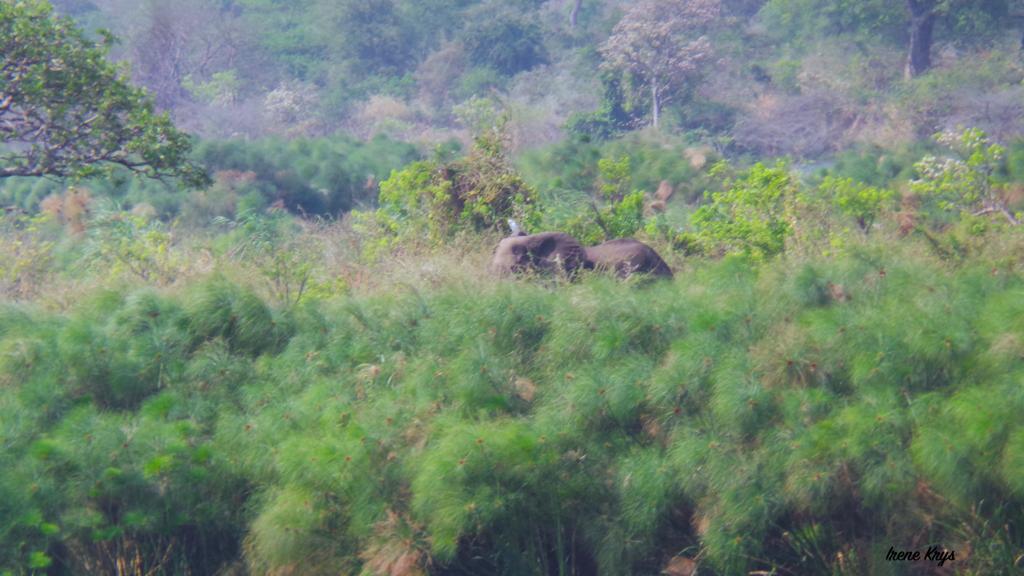
“At the moment we don’t have over control of protected areas because they are either encroached by people or there are armed groups in the protected areas. Firearms are all over, ammunitions are all over so, we are just working with the capacity of, let’s say, 40 percent.”
As South Sudan marked this year’s World Wildlife Day Wednesday March 3rd, the country’s wildlife ministry says armed conflicts and inter-communal fighting has hindered authorities’ efforts to access national game parks and reserves.
Maj. Gen. Khamis Adieng Ding, spokesperson of the South Sudan wildlife ministry, says ministry officials do not have full control of national game parks due to armed conflicts in certain areas.
“At the moment we don’t have over control of protected areas because they are either encroached by people or there are armed groups in the protected areas.” Ding says.
He says they cannot do their jobs as usual. “Firearms are all over, ammunitions are all over so, we are just working with the capacity of, let’s say, 40 percent.”
Inter-communal fighting in Jonglei state and the Pibor Administrative Area has made it difficult to implement ecosystem protection laws. Ding says adding that poaching is also a big problem, particularly in Boma national park.
“Boma is affected in a way that, you know, laws are not implemented in the way they are supposed to be implemented. So, the park is prudent for grazing, for mining, (and) for other activities which are adverse sort of human activities to the ecosystem of the park, so animals are being hunted, are being poached (and) being killed because, you know, this is also the effect of the conflict in the country.” Ding says.
This year’s World Wildlife Day is celebrated under the theme “Forests and Livelihoods: Sustaining People and Planet”, as a way to highlight the central role forests, forest species and ecosystems play in sustaining the livelihoods of hundreds of millions of people globally, especially Indigenous and local communities with historic ties to forested areas.
Rizik Zachariah Hassan, South Sudan’s new minister of wildlife conservation and tourism is enacting strategies to ensure wildlife conservation flourishes in the country, according to Ding who reveals that for the first-time in years, game rangers will be deployed in game parks and game reserves to protect wildlife species across the country.
Michael Lopidia, a project manager for the Horn of Africa Environmental Sustainability and Resilience project being implemented by the South Sudan Nature Conservation Organization, says wildlife species must be protected to ensure that nearby communities do not harm wildlife.
“In the past few years, you find that some populations or some species have really decreased so we need to maintain to develop the species so that they grow big.” Lopidia said.
“We should protect the population through making sure that people are not poaching and trafficking on wildlife.”
Lopidia says clear boundaries also need to be established so that people do not trespass in protected areas of Bandingilio National Park, Boma National Park, Nimule National Park and other parks.
He says wild animals and their natural habitats like forests can be protected by involving communities near protected game reserves by providing employment to local villagers to stabilize their food security so they’re not tempted to kill wild animals.
“We also need to protect the habitats of wildlife from destruction. There’s charcoal burning on commercial basis, there’s oil exploration, there’s cutting of poles, there’s opening of agricultural land, (and) there’s harvesting of timber illegally. So, all those there should be laws on how to harvest any other material around the protected area so that we don’t destroy the wildlife habitat.” Lopidia says.
He reiterates that the government also needs to integrate land use planning with development by carrying out environmental impact assessments before road construction and other development occurs which will prevent the destruction of wildlife habitats or corridors.
This story first aired on VOA, South Sudan In Focus Program, March 03, 2021.

















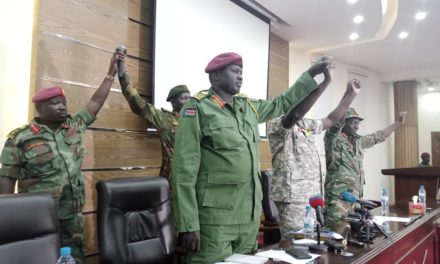
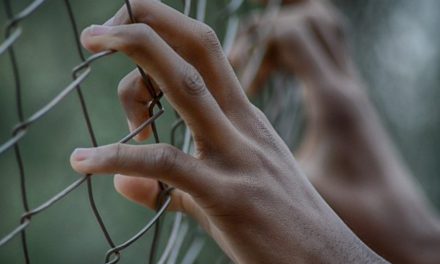
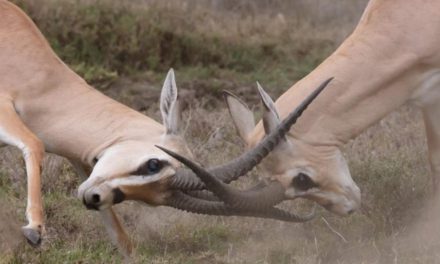
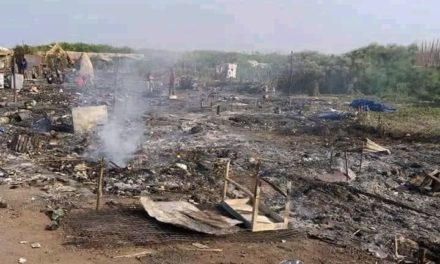
Recent Comments